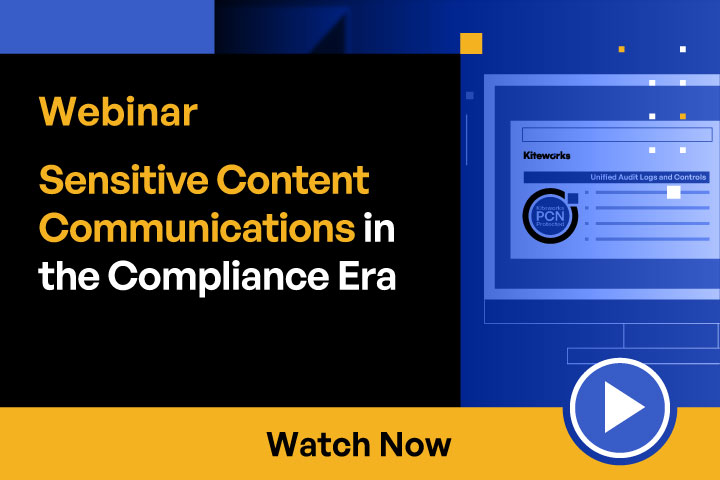Remaining Consistent With 13 Areas of the Security Policy
Complying with CJIS can be challenging due to the strict security requirements for protecting sensitive criminal justice information, necessitating robust access controls, encryption, auditing, and incident response measures across all systems and communications.
Incident Response Tools for Prompt Potential Data Violations
Complying with CJIS incident response requirements can be challenging, as organizations must promptly detect, report, and investigate any potential data violations. The CJIS Security Policy mandates timely reporting of incidents and preservation of evidence for analysis, containment, and recovery. Organizations must have robust mechanisms in place to identify and respond to unauthorized access attempts and potential data exfiltration.

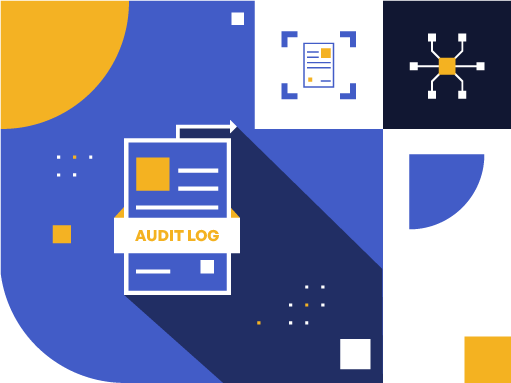
Detect Breaches and Unauthorized Access With Strong Auditing and Accountability
The CJIS Security Policy requires comprehensive logging and monitoring of sensitive information to detect potential breaches and unauthorized access. Organizations must have granular access controls and permissions in place to reduce risks.
Verify Permissions With Strict Access Control
Implementing and managing granular access controls to secure sensitive criminal justice information requires strict control over who can access sensitive data, ensuring that only authorized individuals have appropriate permissions. Organizations must have secure storage, role-based policies, and effective monitoring mechanisms in place to protect sensitive information from unauthorized access and potential breaches.
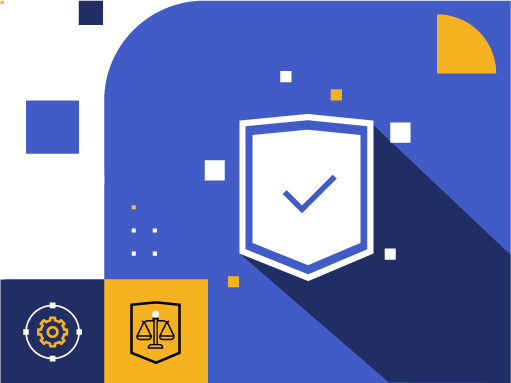
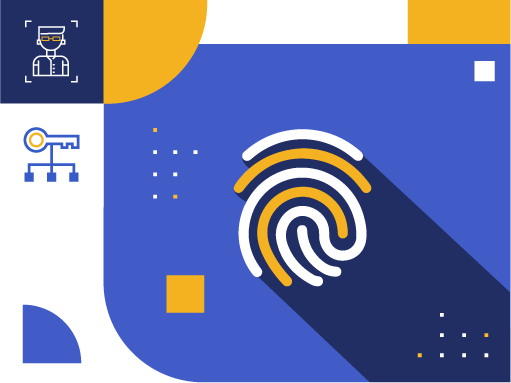
Verify Identities via Identification and Authentication
Ensuring strong identification and authentication mechanisms to comply with CJIS requirements mandates robust authentication measures to verify user identities and prevent unauthorized access. Organizations must implement complex password policies, multi-factor authentication, and secure single sign-on (SSO) capabilities.
Complying With Support From Kiteworks
Incident Response via Robust Audit Logs
Kiteworks supports CJIS compliance by providing anomaly detection and real-time monitoring capabilities. Utilizing advanced AI technology, Kiteworks detects suspicious events and triggers alerts through email notifications and audit logs. This enables organizations to quickly identify and respond to incidents, ensuring compliance with CJIS standards for mandatory reporting of data violations. Kiteworks also preserves evidence for thorough analysis and containment
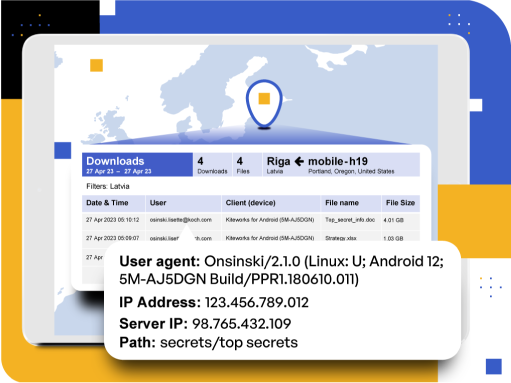
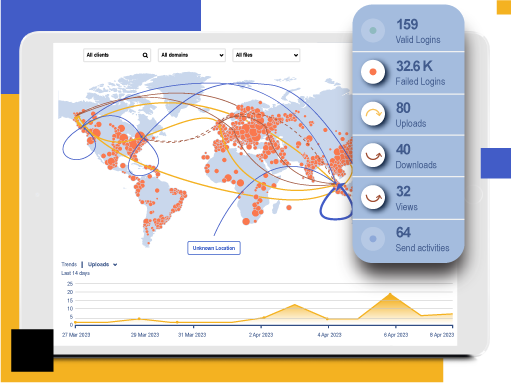
Auditing and Accountability With Real-time Monitoring
Kiteworks assists with CJIS compliance by offering robust auditing and accountability features. The platform maintains detailed logs of data access, transfers, and user activities, ensuring transparency and accountability. Real-time monitoring identifies potential breaches promptly, while granular access controls enforce permissions and roles. Customizable reporting options generate detailed reports for audits, compliance assessments, and investigations, supporting organizations in maintaining security and compliance.
Granular Access Controls Protect Sensitive Data
Kiteworks simplifies CJIS compliance by providing comprehensive access control features. The platform offers secure storage, role-based policies, secure email and shared folders, built-in audit logging, and a CISO Dashboard for effective monitoring and management. These features ensure that sensitive information is protected from unauthorized access, helping organizations maintain CJIS compliance.
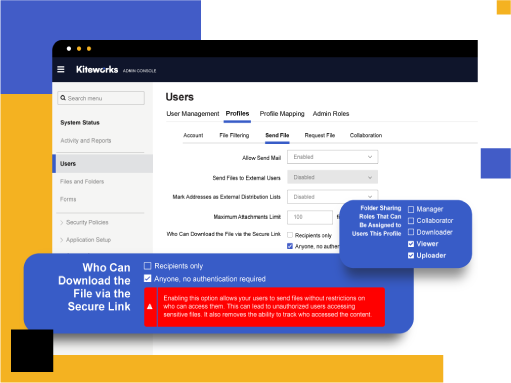
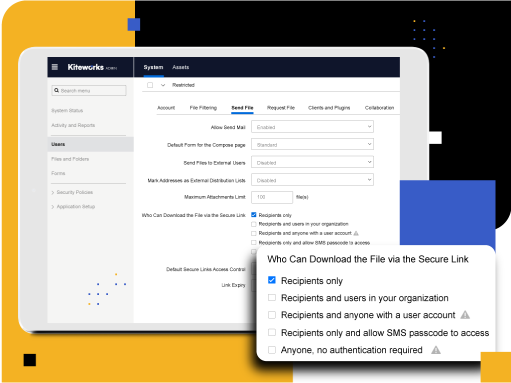
Identify and Authenticate Easily With Password Policies and MFA
Kiteworks supports CJIS compliance by providing advanced identification and authentication features. Administrators can set policies for password complexity, geofencing, and domain whitelisting/blacklisting, as well as enforce password changes during login. Granular multi-factor authentication and SSO policies can be applied by role and location using various methods like RADIUS, SAML 2.0, Kerberos, authenticator apps, PIV/CAC, and SMS. These features help organizations detect and respond to security incidents, manage vulnerabilities, and maintain CJIS compliance.
CJIS Compliance FAQs
CJIS requires FIPS 140-2 validated encryption for all Criminal Justice Information (CJI). Data in transit needs TLS 1.2+ encryption, while stored CJI requires AES 256 encryption or equivalent. Agencies must maintain end-to-end protection with proper key management throughout the data lifecycle. Kiteworks provides automated encryption with FIPS 140-3 Level 1 validation across Kiteworks secure email, Kiteworks secure file sharing, Kiteworks SFTP, and other channels, ensuring continuous CJIS compliance without managing multiple encryption solutions, as these channels are consolidated and centrally protected via the Kiteworks Private Data Network.
CJIS requires immutable audit logs tracking every CJI access, transfer, and modification with user authentication, timestamps, and access control documentation. Proper chain of custody needs tamper-proof records that meet legal admissibility standards. Kiteworks supports CJIS compliance by automatically documenting all interactions with shared CJI through immutable audit logs, tracking user identities and timestamps while maintaining detailed transfer records that preserve chain of custody for prosecutions.
CJIS requires reporting potential CJI breaches to FBI CJIS Division within one hour of discovery, plus immediate containment and evidence preservation. Agencies need real-time monitoring, rapid notification systems, and forensic evidence capabilities. The Kiteworks Private Data Network provides AI-powered anomaly detection, automatic alerts, and comprehensive evidence preservation with detailed forensic audit logs that support FBI investigations while enabling rapid containment to meet critical reporting requirements, all in support of CJIS compliance.
CJIS requires role-based access controls (RBAC) limiting CJI access to authorized personnel on a need-to-know basis, with multi-factor authentication (MFA) and continuous monitoring. Agencies must implement regular permission reviews and automated deprovisioning. Kiteworks supports CJIS compliance by providing comprehensive role-based permission management with advanced MFA options including PIV/CAC cards, location-based restrictions, and automated access reviews that ensure continuous CJIS compliance while reducing administrative overhead.
CJIS requires comprehensive activity logging, user behavior monitoring, and tamper-proof audit records with proper retention for FBI inspections. Agencies need complete CJI access visibility and automated compliance reporting. The Kiteworks Private Data Network delivers unified audit logs across all CJI activities with a centralized CISO Dashboard, automated report generation for FBI inspections, and tamper-proof audit storage that ensures continuous CJIS compliance.
FEATURED RESOURCES

What You Need to Know About Sensitive Content Security and Compliance in 2024
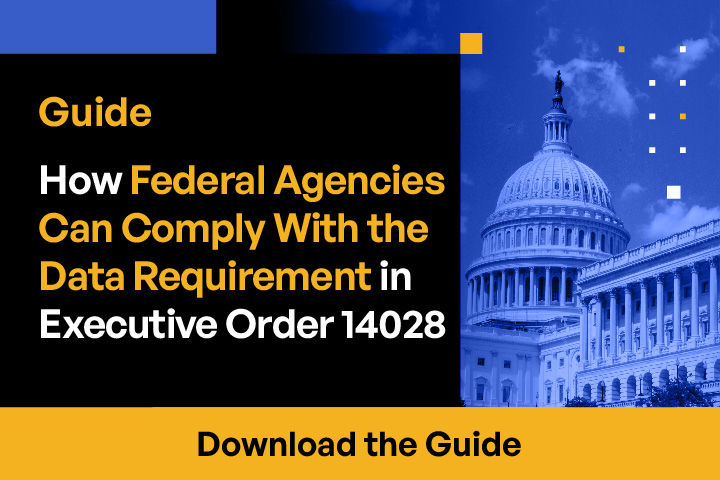
How Federal Agencies Can Comply With the Data Requirement in Executive Order 14028
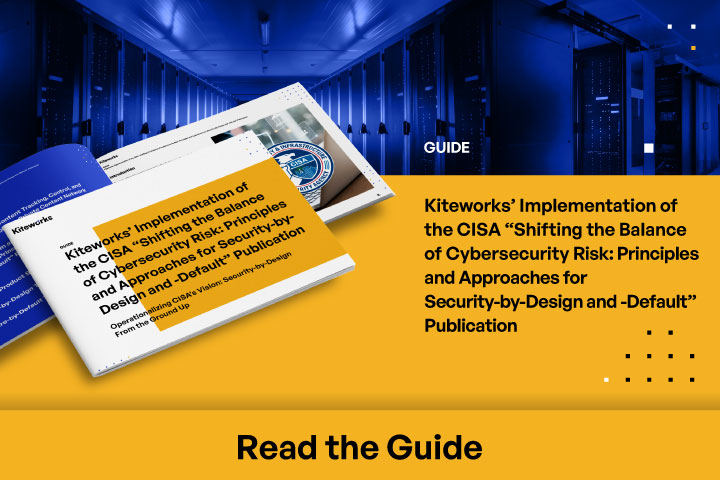
CISA Security-by-Design and Default: Requirements & Kiteworks Features
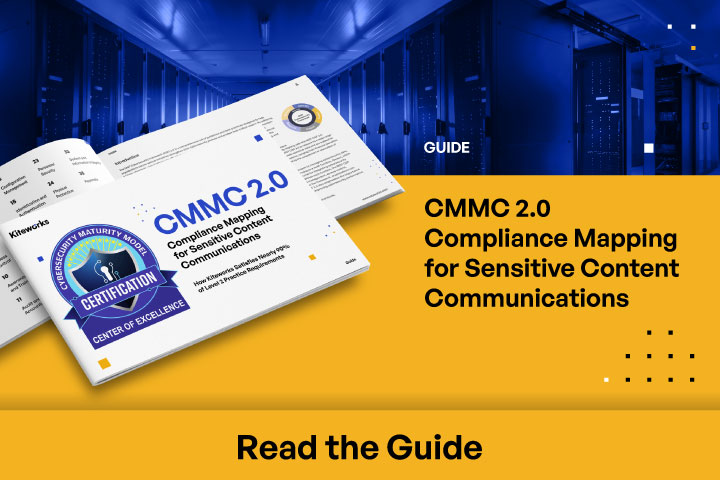
CMMC Mapping: Sensitive Content Communications for CMMC 2.0 Compliance

FedRAMP Private Cloud: 5 Reasons Why Security-first Businesses Choose FedRAMP
